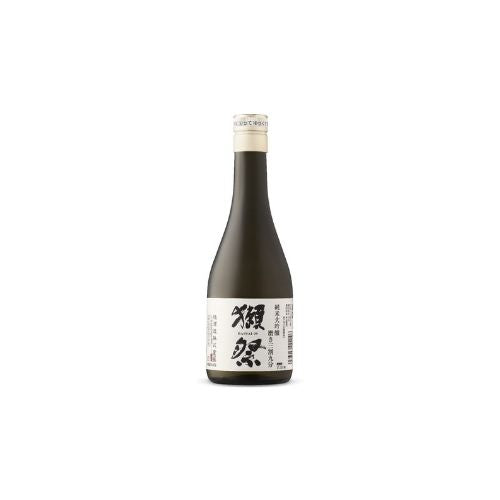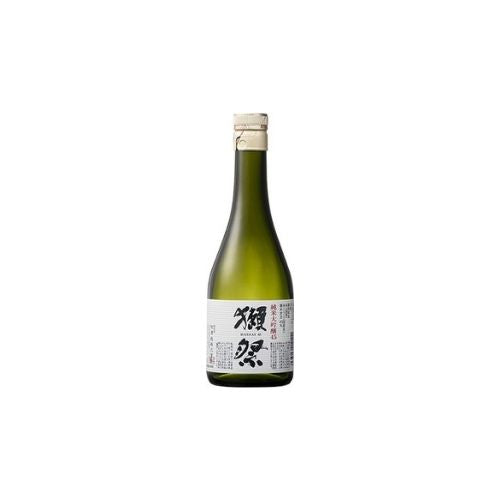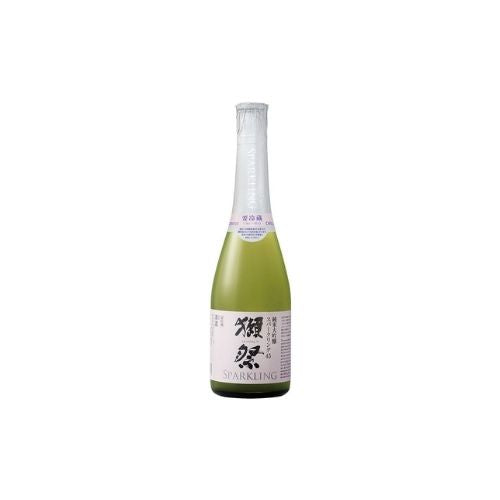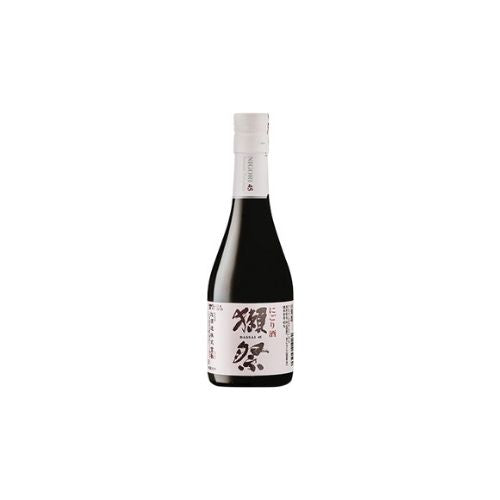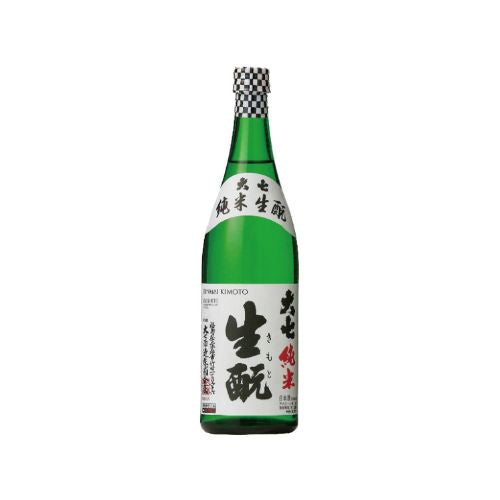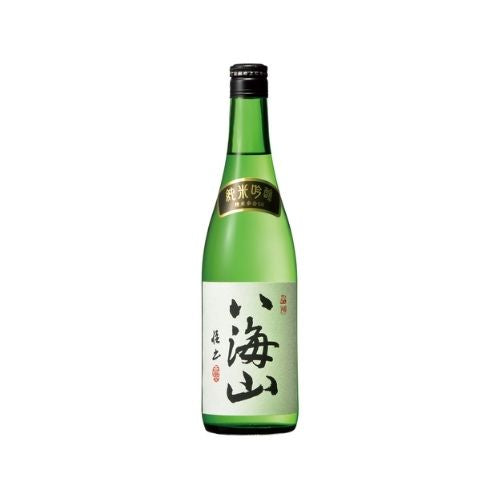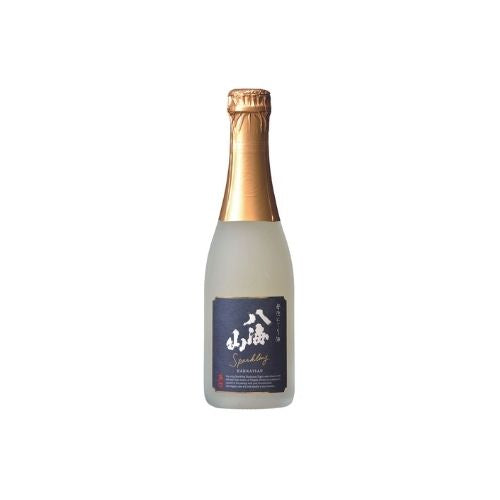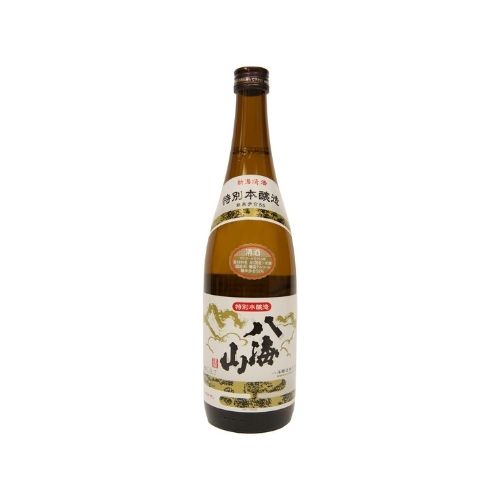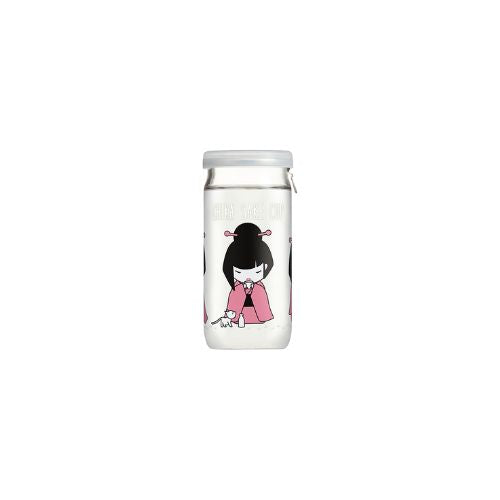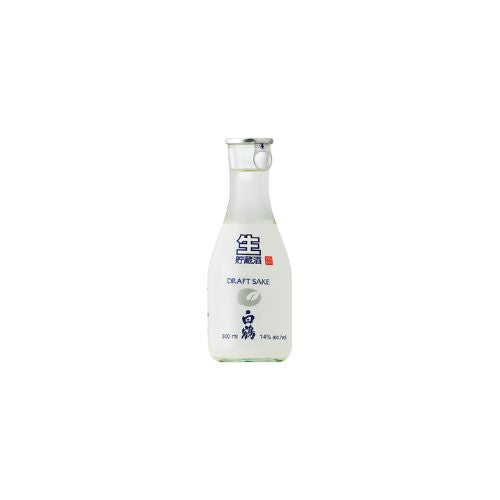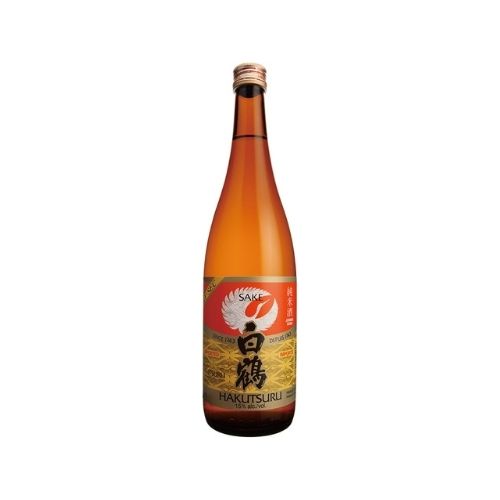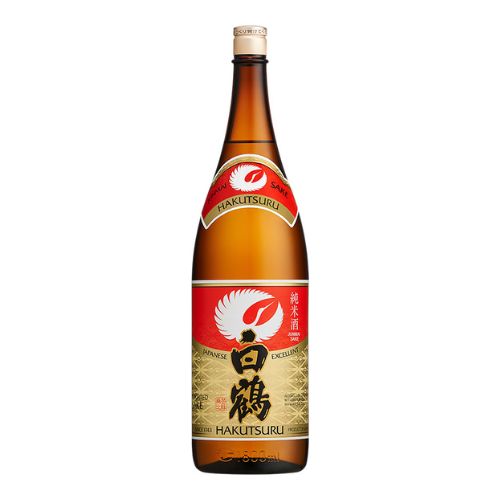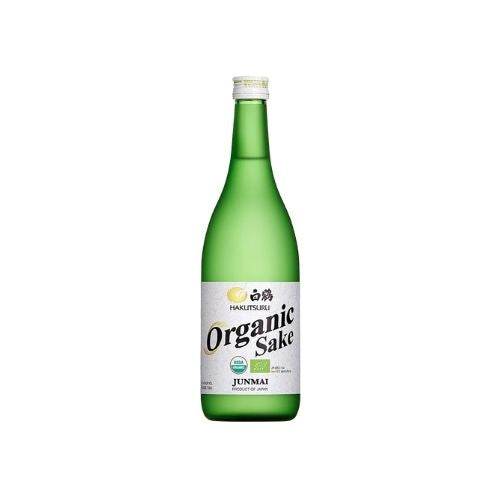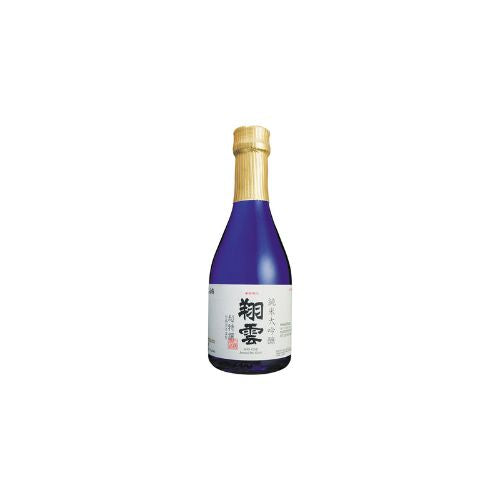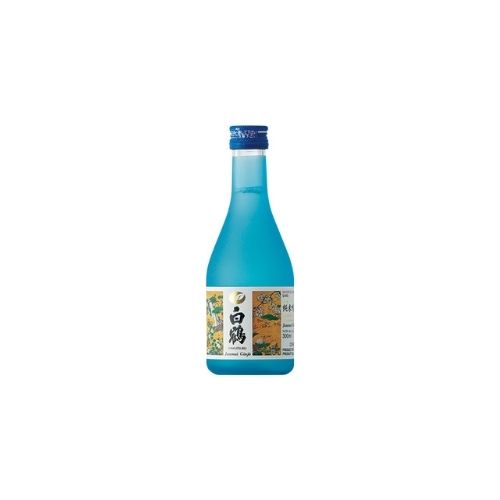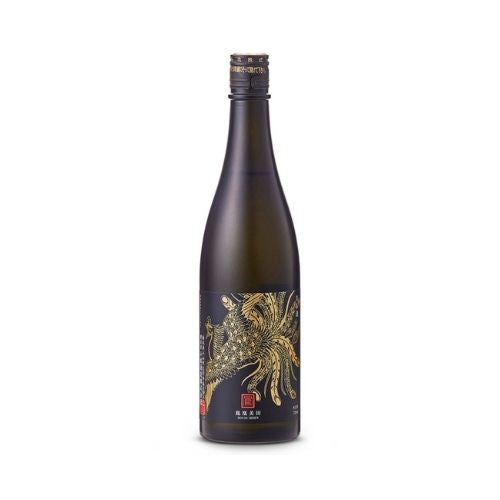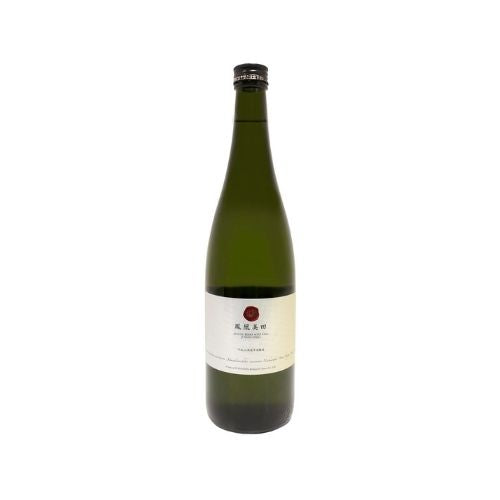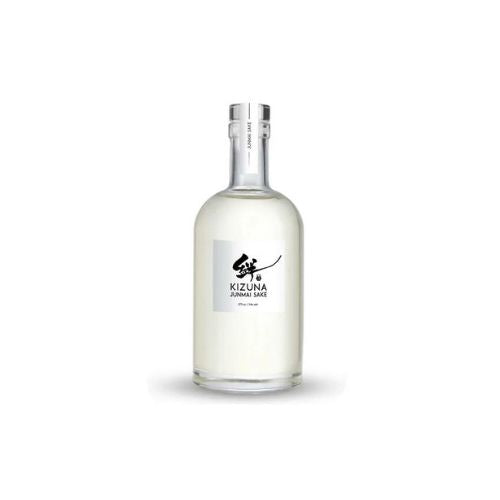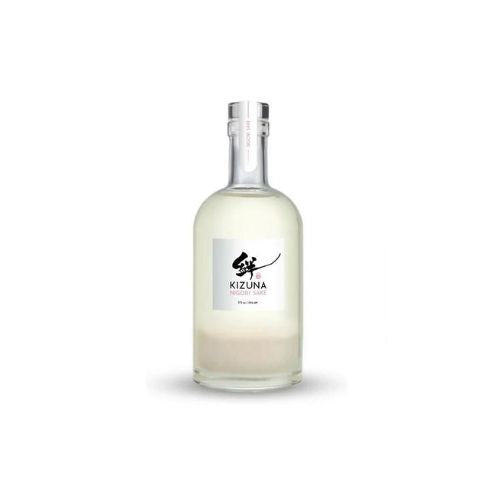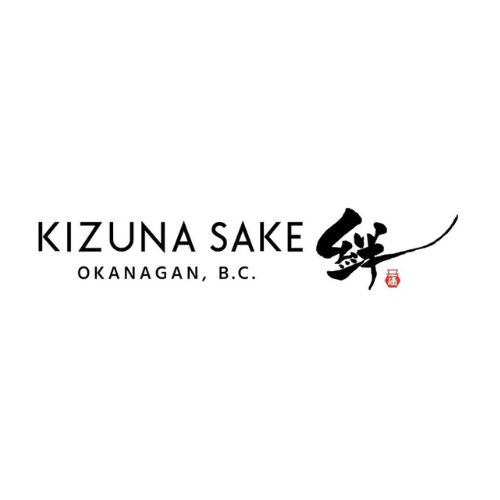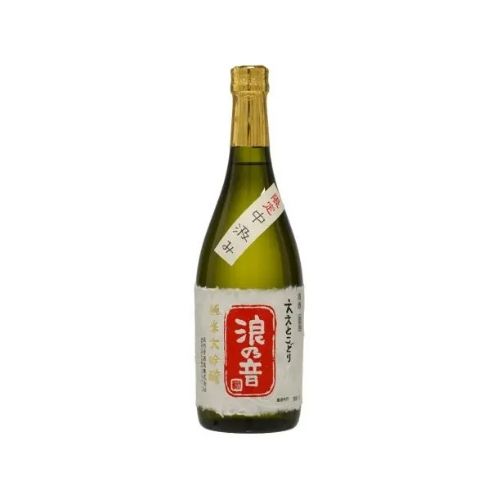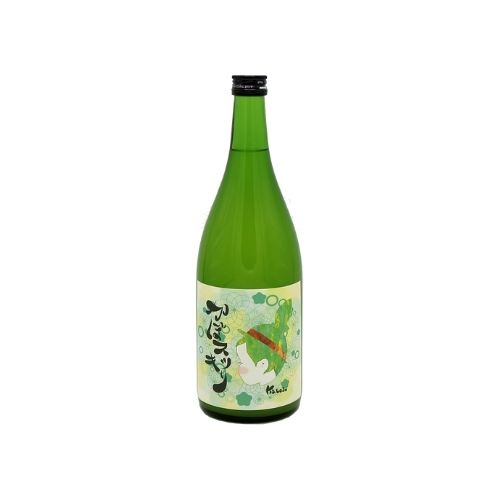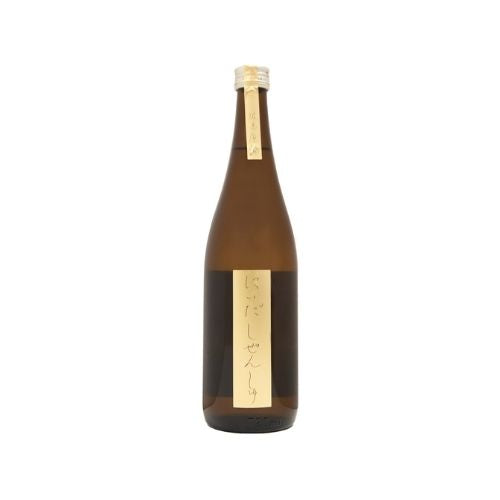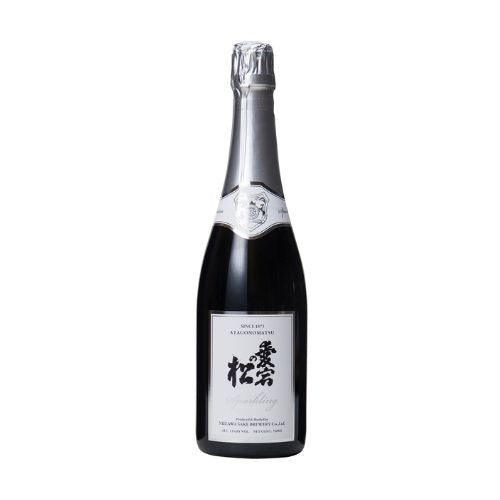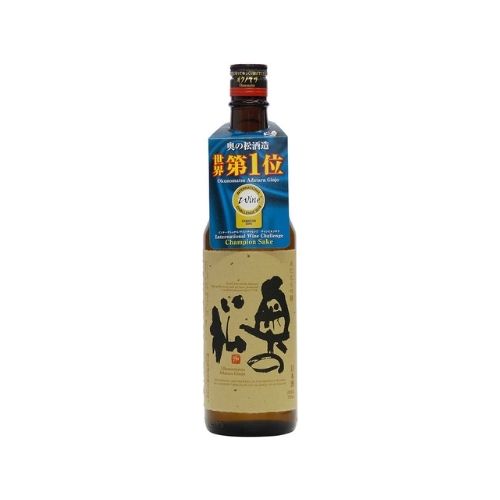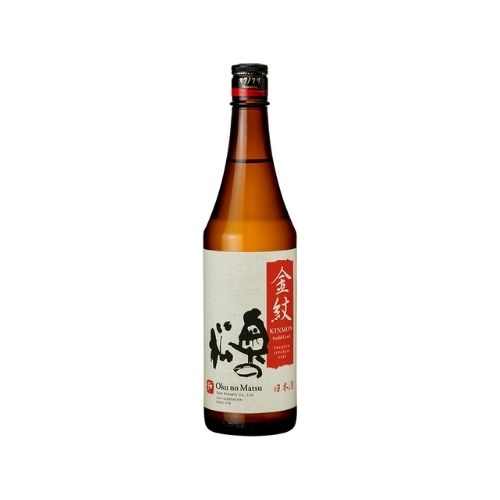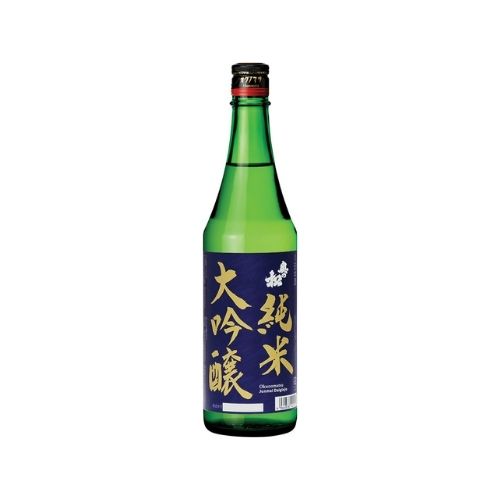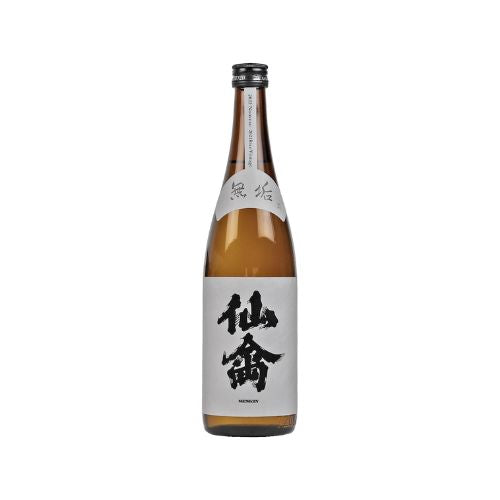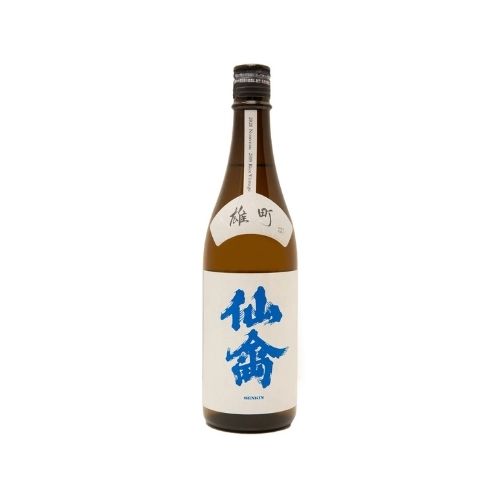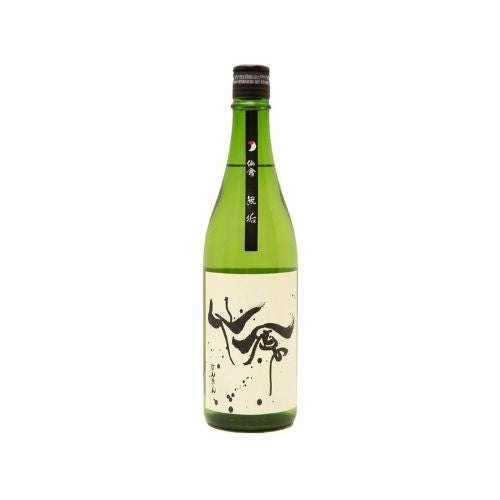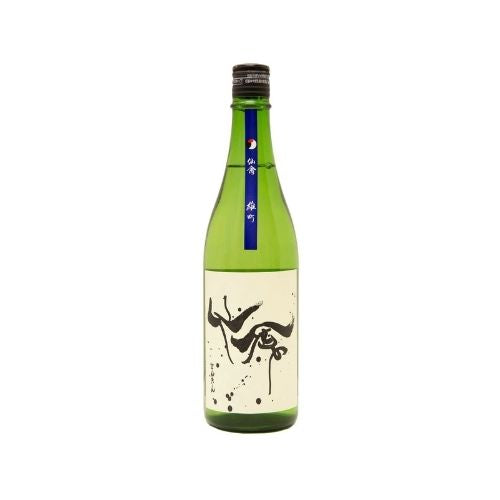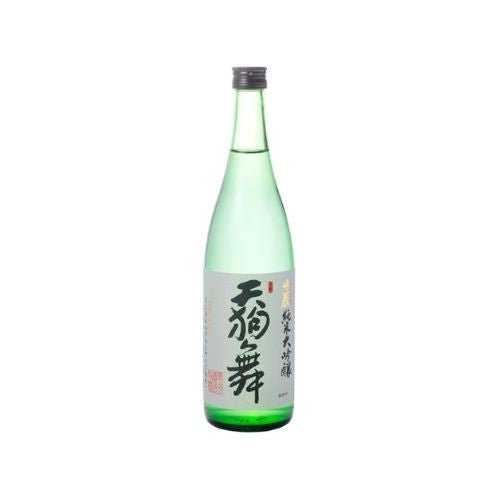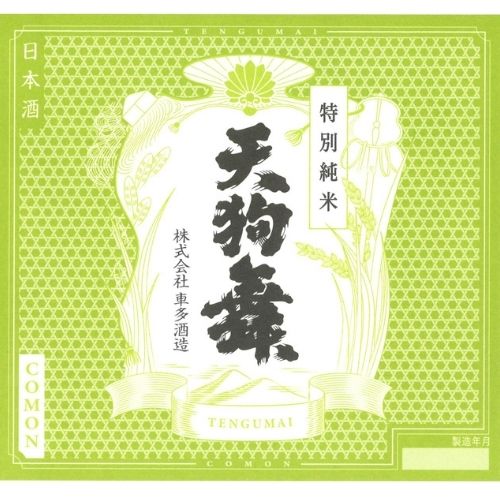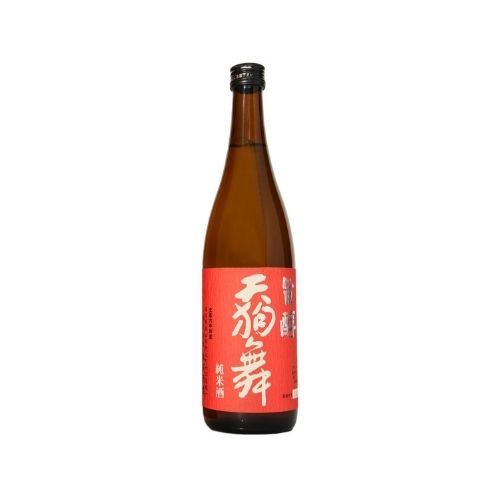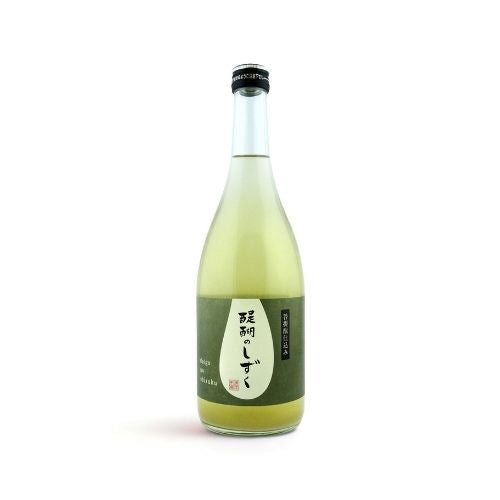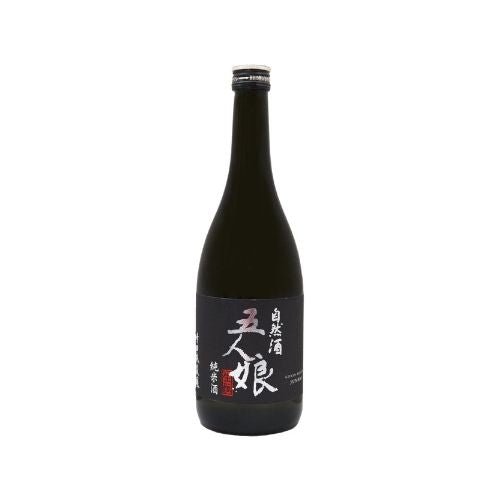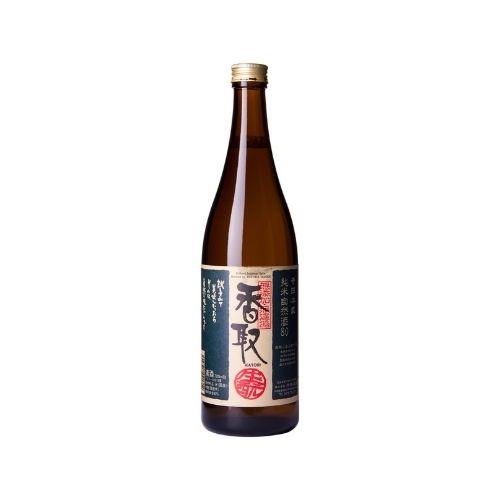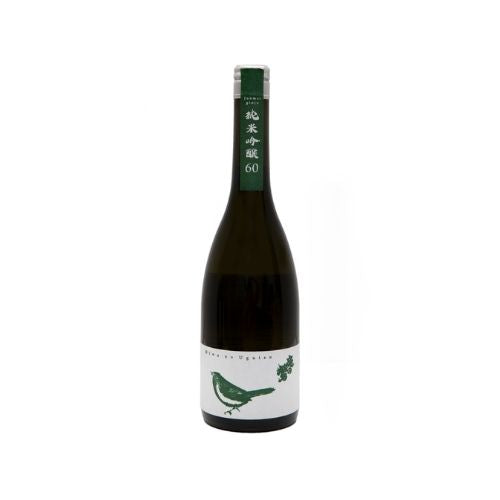Sake
Filters
51 products
Asahi Shuzo Co - Dassai 23 Junmai Daiginjo Sake
Sale price$69.99
Asahi Shuzo Co - Dassai 39 Junmai Daiginjo Sake
Sale price$39.99
Asahi Shuzo Co - Dassai 45 Junmai Daiginjo Sake
Sale price$29.99
Asahi Shuzo Co - Dassai 45 Sparkling Junmai Daiginjo Sake
Sale price$39.99
Asahi Shuzo Co - Dassai Junmai Daiginjo Nigori Sake
Sale price$29.99
Daishichi Sake Brewery - Junmai Kimoto Sake
Sale price$59.99
Daishichi Sake Brewery - Sokai Reishu Junmai Kimoto Sake
Sale price$24.99
Hakkaisan Brewery Co - 45 Junmai Daiginjo Sake
Sale price$69.99
Hakkaisan Brewery Co - Sparkling Nigori Sake
Sale price$39.99
Hakkaisan Brewery Co - Tokubetsu Honjozo Sake
Sale price$49.99
Hakutsuru - Chika Cup Sake
Sale price$5.99
Regular price$6.99
Hakutsuru - Draft Sake
Sale price$9.99
Hakutsuru - Excellent Junmai Sake
Sale price$12.99
Hakutsuru - Excellent Junmai Sake (1.8L)
Sale price$27.99
Hakutsuru - Organic Junmai Sake
Sale price$29.99
Hakutsuru - Sayuri Junmai Nigori Sake
Sale price$10.99
Hakutsuru - Sho-Une Junmai Daiginjo Sake
Sale price$13.99
Hakutsuru - Superior Junmai Ginjo Sake
Sale price$11.99
Hakutsuru - Yuzu Nigori Sake
Sale price$29.99
HououBiden - Black Phoenix Junmai Ginjo
Sale price$79.99
HououBiden - Wine Cell Junmai Ginjo Sake 2020
Sale price$69.99
Kizuna Sake - Junmai
Sale price$26.99
Kizuna Sake - Nigori
Sale price$26.99
Kizuna Sake - Sparkling
Sale price$29.99
Nakano - Kunizakari Nigori Cup Sake
Sale price$9.99
Naminooto Shuzo - Junmai Daiginjo Nama Sake
Sale price$59.99
Naminooto Shuzo - Kabosu Sake
Sale price$39.99
Niida-Honke - Shizenshu Junmai Genshu Kimoto Sake
Sale price$59.99
Niizawa Sake Brewery - Atagonomatsu Sparkling Sake
Sale price$69.99
Okunomatsu Sake Brewery - Adatara Ginjo Sake
Sale price$39.99
Okunomatsu Sake Brewery - Kinmon Gold Crest Sake
Sale price$29.99
Okunomatsu Sake Brewery - Navy Blue Junmai Daiginjo Sake
Sale price$42.99
Okunomatsu Sake Brewery - Sakura Daiginjo Sake
Sale price$29.99
Okunomatsu Sake Brewery - Sparkling Junmai Daiginjo Sake
Sale price$22.99
Senkin - Classic Muku Junmai Ginjo Sake
Sale price$49.99
Senkin - Classic Omachi Junmai Ginjo Sake
Sale price$59.99
Senkin - Modern Muku Junmai Ginjo Sake
Sale price$49.99
Senkin - Modern Omachi Junmai Ginjo Sake
Sale price$59.99
Senkin - Nature Junmai Sake 2023
Sale price$69.99
Tengumai - 50 Junmai Daiginjo Sake
Sale price$49.99
Tengumai - Comon Tokubetsu Junmai Sake
Sale price$49.99
Tengumai - Umajun Junmai Sake
Sale price$44.99
Terada Honke - Daigo No Shizuku Sake
Sale price$74.99
Terada Honke - Gonin Musume Junmai Kimoto Sake
Sale price$69.99
Terada Honke - Katori 80 Junmai Kimoto Sake
Sale price$64.99
Yamaguchi Sake Brewery - Niwa no Uguisu Junmai Ginjo Sake
Sale price$49.99


